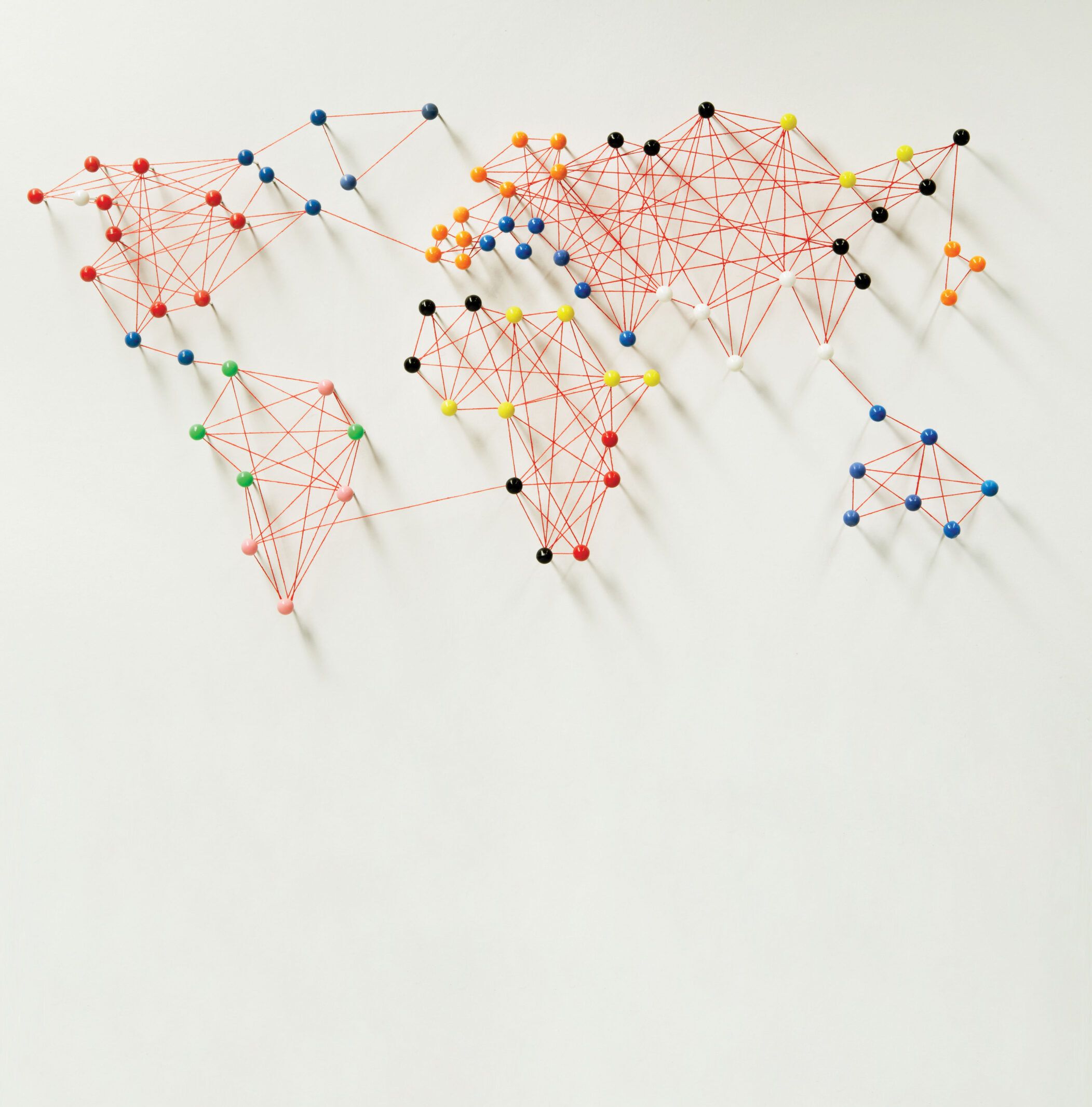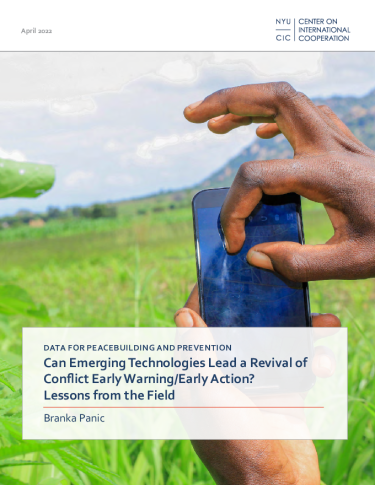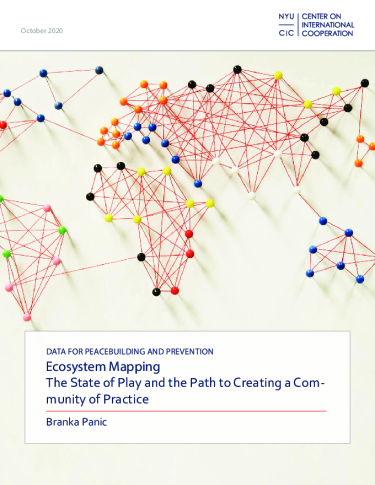Driving Innovative, Data-Driven, and Tech-Forward Approaches in the Peacebuilding and Humanitarian Sector
As the world faces continued instability, including due to the COVID-19 pandemic, practitioners in peacebuilding and prevention have sought to expand their toolkits to take advantage of the revolution in information gathering, data analytics, ICTs, and machine learning. A range of actors—multilateral organizations like the United Nations, governments, non-governmental organizations (NGOs), and the private sector—continue to invest in the capacity to make better use of data to promote peacebuilding and prevention. These include developing new practical and innovative data sources, better ways to mine and analyze data, algorithms, use of technologies like blockchain, and data-driven applications. New approaches have been developed with the objective to better define where the risks and threats to peace are most urgent, and where our assistance is needed most, in order to inform decision makers with better insights and information, and to generate a greater impact on the ground. In many cases, these efforts result in specific user-products which in turn inform the workflows of policy advisors, advocacy officers, conflict prevention, peacebuilding and development practitioners, and researchers around the world.
Launched in March 2019, the program currently focuses on:
- Practitioner Workshops – hosting annual events with a strong focus on how data-driven approaches can be used to deliver concrete changes on the ground for peace and prevention practitioners
- Data for Peace Dialogues – convening public monthly virtual events for practitioner communities and elaborate on examples and recommendations presented in the latest report, Ecosystem Mapping: The State of Play and the Path to Creating a Community of Practice. For an archive of our past Data for Peace Dialogues, visit our Youtube channel.
- Capacity Building – assisting actors from developing countries to advance their capacity in the field and explore potential opportunities, including but not limited to the use of advanced data science methods, quantitative methods, predictive analytics, artificial intelligence (AI), machine learning (ML), natural language processing (NLP), and other techniques employed to address ground-level problems in the peacebuilding field
- Data for Peace and Security Group – providing a LinkedIn group for community members to connect with one another and stay updated with the latest developments in the field. Join the group on LinkedIn.
- Maintaining a network of experts in the field to build capacity and provide peer-to-peer knowledge sharing.


